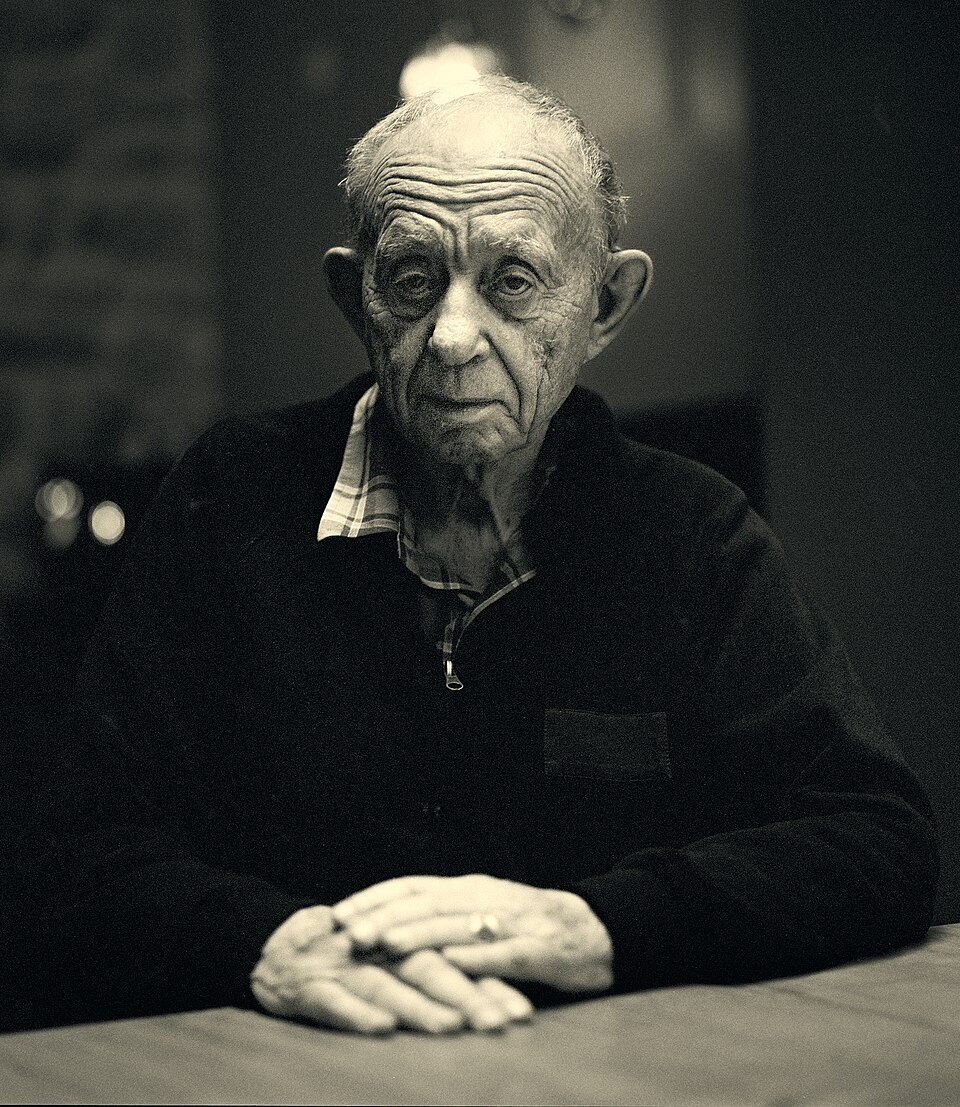Hi, Mama
August 24, 2018
The early childhood center director crowed that I would soon be privy to my 16-month-old daughter’s “first” social media account, HiMama, which would include photos of her day in the toddler room, diaper changes, snack and meal updates, fieldtrips, and more. Little did the director know Luci already had a private Instagram account where I posted photos and videos for close friends and family—people we know and who opt-in to receive Luci-spam because they love her. Let us be real, though, just because my husband and I find our daughter dancing to OutKast’s “Ms. Jackson” adorable, other people do not.
“Sharent” culture, or “over-sharenting,” is an old practice masquerading in a new term, yet the stakes are much higher than the Olan Mills pictures my parents shared and the Super 8 videos my grandparents recorded of my dad and uncle. According to the Child Data Citizen research project, “the lived experience of childhood is being transformed by the production of personally identifying digital data.” What is novel and helpful about projects such as Child Data Citizen, though, is the emphasis Dr. Veronica Barassi, an anthropologist at Goldsmiths University of London, places on not inducing “moral panic” and parent-shaming but rather exploring the ethical and legal issues surrounding children’s privacy in a big-data world.
Of course, the daily daycare dispatches I receive about Luci are encouraging—images showcasing my daughter’s first nature stroll, making art with lemon and strawberry stamps, going down a slide in pink Crocs, and notes detailing she enjoyed pears and waffles, but a ham and cheese sandwich not so much. But here is the thing about the HiMama app: it is both a comfort and a noose. I cannot help but think of the disturbing British sci-fi anthology TV series Black Mirror and the episode, “Arkangel,” where a young, single mother implants a chip in her daughter’s head to track her physical location and biometrics with disastrous results. While it is wonderful seeing my child adapt and progress in her first week of daycare, the alerts are distracting (my husband has already turned them off on his smartphone) and the updates are often incomplete until the daily report is filed at the end of the day. Mid-week I even made the mistake of showing a work colleague an update, which felt like the equivalent weirdness of sharing a birth video unsolicited. As novelist Karen Russell wrote in “The Addictive Insufficiency of Baby Monitors,” “Here’s one thing I’ve learned: nobody coos at your home-surveillance footage.”
As a first-time mother, nerves are actively involved in letting my one-and-only baby go. Parents of new middle schoolers and high school freshmen assure me these feelings are universal and they, too, are navigating a sense of loss and joy as their child embarks on a new adventure. Research brims with the importance of parents letting children grow into self-reliant and resilient youth. So far, in the same vein, sending my daughter to daycare has been a great decision. We are only a week into this grand experiment, and minus the initial goodbye tears in the morning, we are all happy with Luci’s new care routine. She is making friends, learning so much, and naps surprisingly well on her own, which blows this breastfeeding, bedsharing mom’s mind.
Which just goes to show, even if it is not noted in her daycare app, it is important to remember the strength and bravery my daughter has always had, independent of any technological notification.





